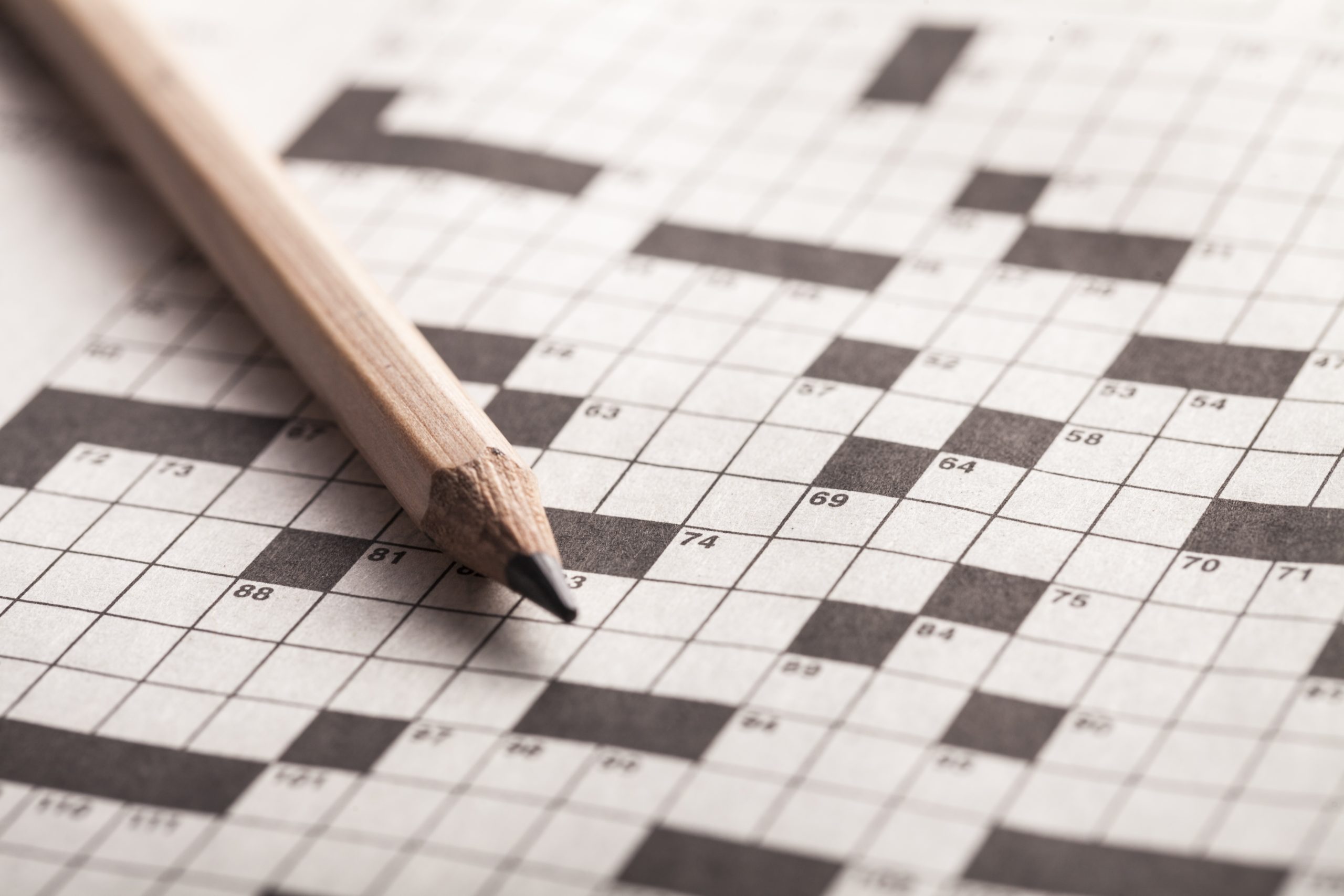Growing up, my Granny always loved doing the crossword puzzles in the daily paper. She used to say it kept her mind sharp. She was usually right and this is likely no exception. These types of brain teasers are still popular today, both in print and electronically. Many believe that these puzzles for healthy minds are important for brain development and in keeping the mind healthy.
According to The American Crossword Puzzle Tournament, crossword puzzles are the most popular and widespread word game in the world. Originally appearing in England during the 19th century, they were printed in children’s books and magazines. The U.S. made them popular with adults. A journalist named Arthur Wynne is gets credit for creating the first crossword puzzle, and on Dec. 21,1913, it was published in the Sunday edition of the New York World. The rest is history, and these puzzles, as well as others, are now found daily in publications all over the world.
What the research says:
A recent neurosurgery article from UPMC, University of Pittsburgh Medical Center, discussed the research behind the theory of brain-training games. “Brain training is the idea that regularly putting your brain to work through puzzles and specially designed online games can help improve memory and other types of cognitive function.” The research has mixed results.
However, there are positive outcomes associated with crosswords and brain health. A 2014 trial funded by the National Institutes of Health found that the benefits of cognitive training for older adults can last as long as 10 years. The researchers recommended that older adults try any cognitively stimulating activity, such as solving crossword puzzles and playing cards.
British researchers, including Keith Wesnes, a renowned professor of cognitive neuroscience at the University of Exeter in England, studied the impact of crosswords on attention, reasoning and memory of over 17,000 healthy people. They found a direct relationship between the entire process of solving the puzzle, the speed, accuracy and a varying range of functions including attention, memory and reasoning. People who played crosswords regularly had much better and consistently improving performances compared to others. The tests also proved that playing daily crossword puzzles can reduce the mental age and improve the vitality of a person by almost 10 years. This can be important in the fight against dementia.
What puzzles can you play?
A quick search of my app store shows how popular electronic versions of these activities are. The New York Times Crossword app has a 4.9 (out of 5) star rating with over 47.4 thousand ratings. The age rating is 4+ meaning almost all family members can benefit. Another popular brain training application available on your electronic device is Lumosity. Its popularity and ratings rival the NYT crossword offering over 40 free brain training games and puzzles for healthy minds.
If you think you are a pro at word games, you can enter the American Crossword Puzzle Tournament. Its 43rd Annual Tournament will be held next March in Stamford, CT!

